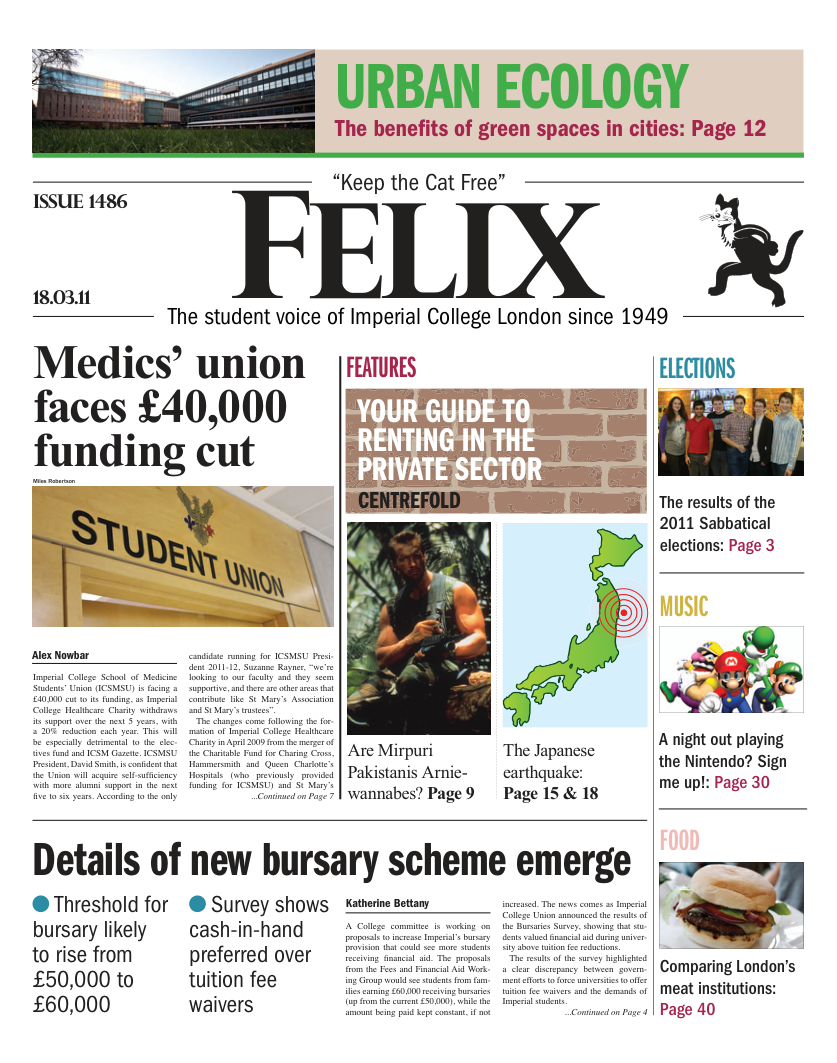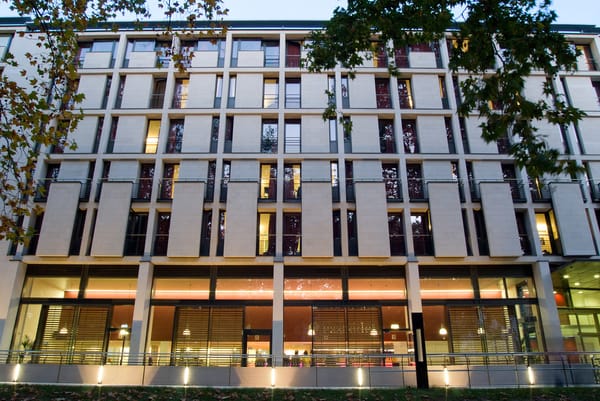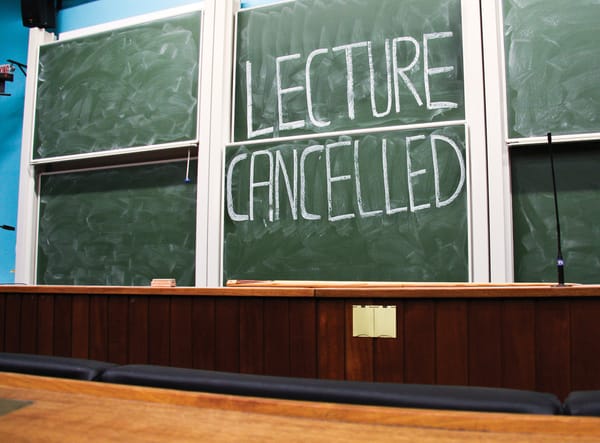Strike to go ahead but numbers still unknown
Departments calm as few declare intention to strike
The University and College Union (UCU) has officially confirmed that members at Imperial college will be striking on the 22nd and 24th of March. It is still unknown exactly how many lecturers will strike but around as of Wednesday 17th, a dozen had already declared their intentions to College, with more expected to follow.
At the time of writing, Physics, and several Engineering departments, had confirmed that few or no staff had declared their intention to strike. However, staff have some time yet to notify the College of their intentions. The Department of Life Sciences confirmed that taught postgraduate courses are likely to be unaffected.
The strike is the first at Imperial for almost a decade. The last time strike action was taken was in 2002, when academics across London protested a freeze to London Weighting, an additional allowance for working in London. Imperial academics have not, in recent history, gone on strike over local matters, thanks to what the College describes as a good working relationship between itself and the unions at Imperial.
The strike is over proposed changes to the pension scheme, which would see existing academics making increased contributions and newer employees receiving lower final pensions. Sally Hunt, general secretary of the UCU, said: “University staff [...] have made it clear from the start of this dispute that if the employers were not prepared to negotiate then we would be left with little option but to take strike action.”
Louise Lindsay, Director of Human Resources at Imperial, emphasised that the reforms are aimed at reducing the cost of pensions, to avoid contributions increasing significantly in the future. She argued that long-term trends make the current system unsustainable. Two years ago, when employers’ contributions to the scheme rose by 2%, Imperial had to pay in an additional £3.1 million per year.
The reforms would see existing members of the scheme paying a contribution of 7.5% of their annual salaries to the scheme. New members would pay the lower 6.5% rate, but receive a pension based on their career-average salary rather than their final salary. In addition, employers and employees will share any increase in costs; up until now employee contributions have remained fixed, while employers’ contributions have been more variable.
On the days of the strike, staff will not receive salary or be covered by the pension scheme. One consequence of this is that their life insurance policies will not, by default, be covered on these days. This means that in the unlikely event that a staff member dies on a strike day, their dependants don’t receive the life insurance payments. Indeed, some institutions such as Lancaster University are refusing to pay the life cover of their staff on strike days. However, Imperial will be paying life cover contributions on strike days, as they deem it to be the “right thing to do” and have expressed a willingness to maintain positive relations with their staff.
In a message to staff, the College said that picket lines were possible but they assured staff and students that “they will not be prevented from going about their usual business on the day of the action if they wish to do so.”
The Universities Superannuation Scheme (USS), which administers university pensions, originally planned to pass the reforms by the 1st of April. However, the UCU’s refusal to pass the reforms means that “it is not possible to forecast when any changes might be finally decided on.” The deadline was important for tax reasons, but now employees look set to lose out on tax relief due to the delay. In a statement, the USS said: “Regrettably the recent events have also affected the ability of the trustee company to implement options to mitigate or eliminate the new tax charges that arise for some members as a result of the government’s forthcoming changes to the pensions tax relief rules.”









